A Sanctuary for Self-Discovery
Beyond Play Immersive Play & Art Therapy
Step into Beyond Play, where the magic of play and art converge to create a transformative therapeutic experience. Each office is thoughtfully designed with its own unique theme, offering a nurturing space filled with opportunities for exploration, growth, and self-discovery.
Our Environment
A Space for Expression and Connection
In our specially curated environment, we integrate toys, miniatures, art supplies, and other creative tools to facilitate a journey that goes beyond words. This space is designed to help individuals of all ages connect, express, and heal through the universal language of play and creativity.
Embrace an atmosphere that nurtures growth, encourages self-expression, and supports healing, making every moment here a step toward self-discovery.
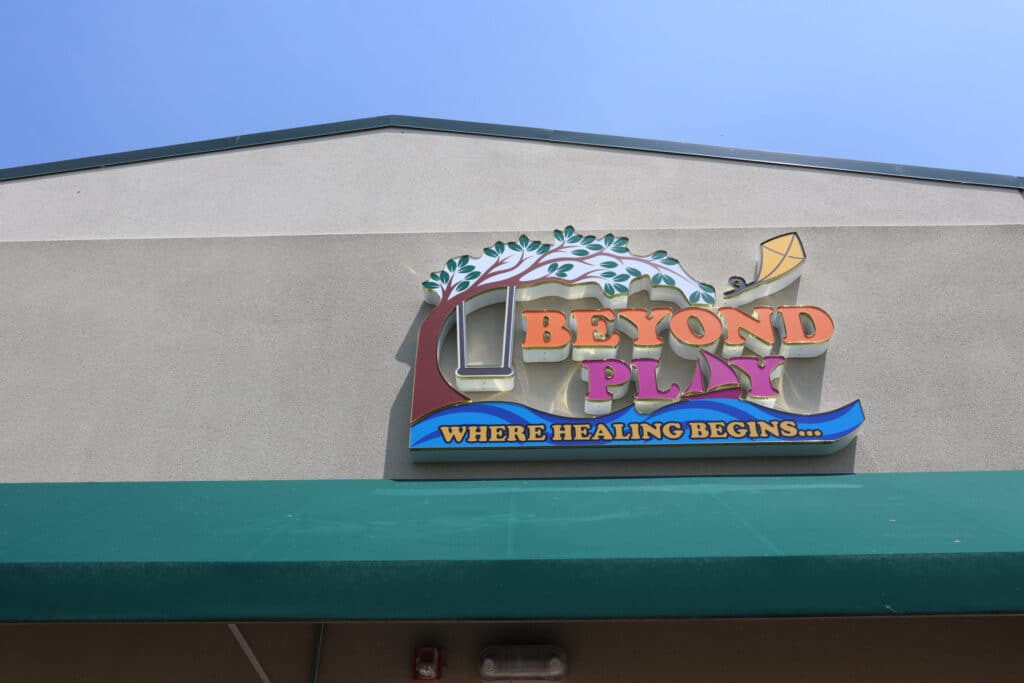
Our Services
We offer a variety of creative and therapeutic modalities tailored to meet the needs of children, adolescents, and adults
Creative Visualizations
Sensory Play at Our Slime Making Station
Music Therapy
Who Benefits from Play Therapy?
Play Therapy is a versatile approach that addresses a wide range of challenges, including
- Emotional Difficulties
- Behavioral Problems
- Developmental Challenges
- Learning Disabilities
- Loss or Grief
- Separation/Divorce
- Socialization Issues
- Developmental Trauma
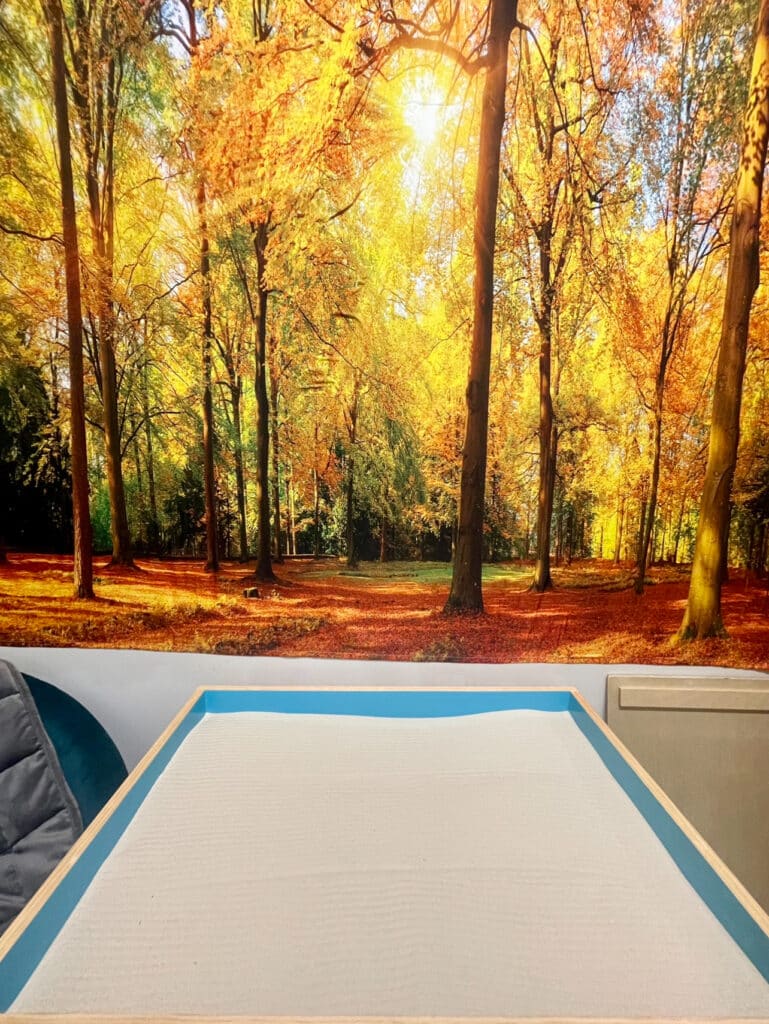
This approach isn’t just for children—it’s equally effective for adolescents and adults, using the universal language of play to promote healing and growth.
Empowering Growth Through Play Therapy Play Therapy for Children
Play Therapy is a versatile approach that addresses a wide range of challenges, including
Enhancing Communication Skills
Through creative methods like art, play, and storytelling, individuals can find new ways to express themselves. These activities foster confidence in sharing thoughts and emotions, improving overall communication.
Improving Motor Abilities
Activities such as dance, movement, and hands-on crafting strengthen fine and gross motor skills. These approaches encourage physical coordination and help individuals build motor confidence.
Supporting Emotional Expression
Tools like puppets, masks, and sand trays help uncover and articulate complex emotions. This creative outlet provides a safe space for exploring and releasing pent-up feelings.
Building Self-Esteem
Engaging in successful creative tasks empowers individuals and boosts their self-worth. By achieving small victories, participants gain confidence in their abilities and potential.
Developing Problem-Solving Skills
Role-playing and artistic challenges encourage critical thinking and innovative solutions. These exercises provide a hands-on way to practice overcoming obstacles creatively.
Teaching Coping Strategies
Guided visualizations and expressive arts equip individuals with tools for managing stress. These practices encourage resilience by providing healthy outlets for emotional regulation.
Facilitating Emotional Healing
Play therapy and art forms gently address past traumas and promote inner healing. This process helps individuals reconnect with their emotions in a supportive environment.
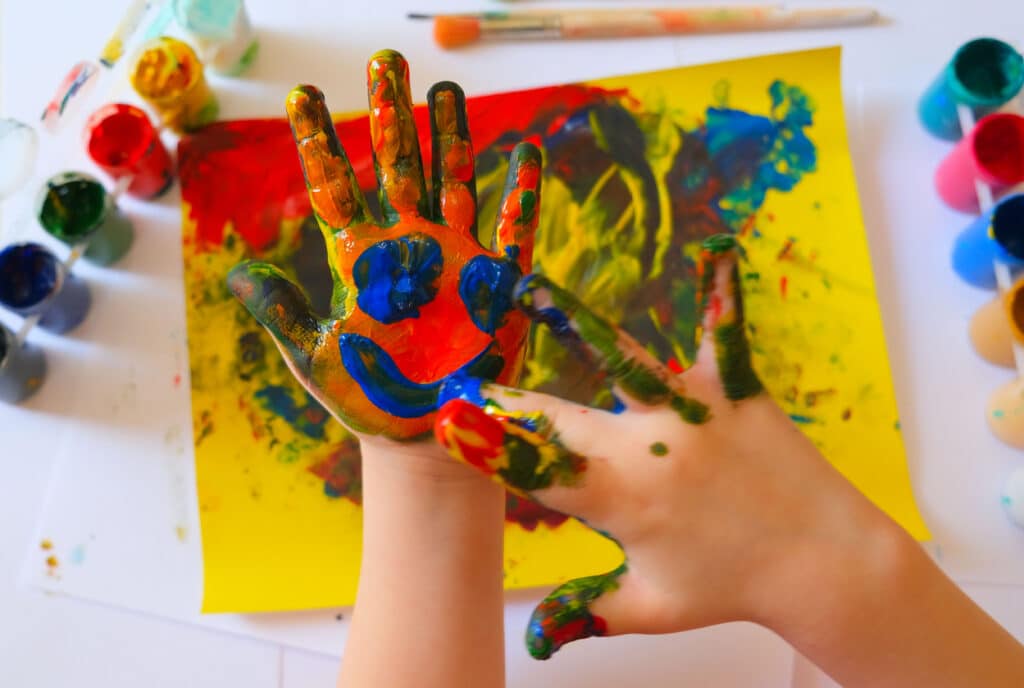
Enhancing Social Skills
Group activities encourage collaboration, empathy, and improved interpersonal connections. Through creative expression, participants learn to navigate social interactions with confidence.
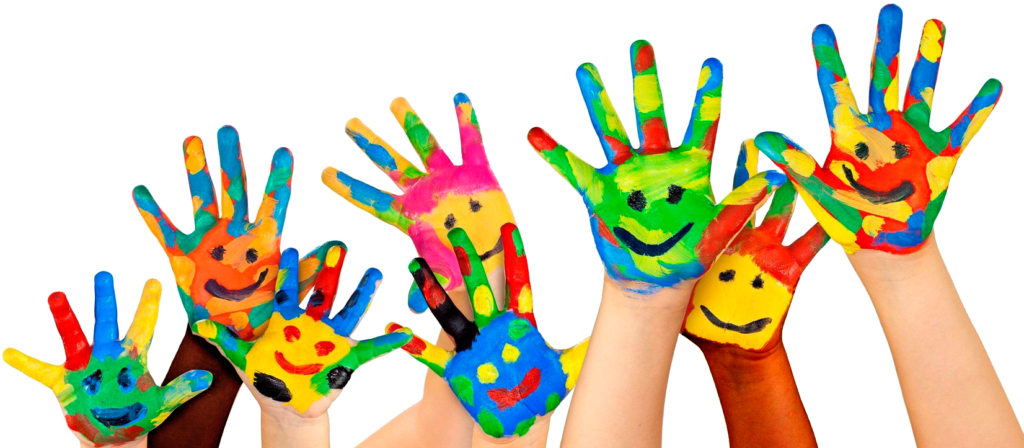
Through play, children learn to process their emotions, navigate relationships, and build resilience.
Transformative Benefits of Play Therapy
Play Therapy fosters growth and healing by:
- Encouraging Responsibility: Developing strategies for positive change.
- Expressing Emotions: Providing a safe space for emotional exploration.
- Cultivating Empathy: Fostering respect for self and others.
- Learning Social Skills: Navigating relationships effectively.
- Processing Trauma: Addressing past experiences in a therapeutic setting.
- Building Confidence: Promoting self-efficacy and empowerment.
- Encouraging Creativity: Exploring innovative solutions to challenges.
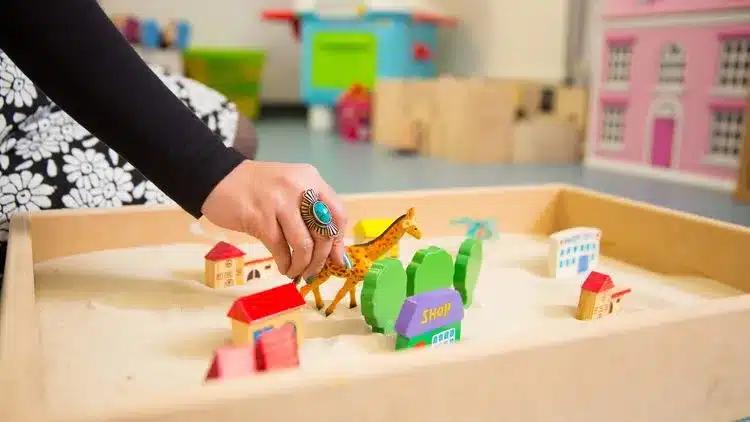
Articles to Explore
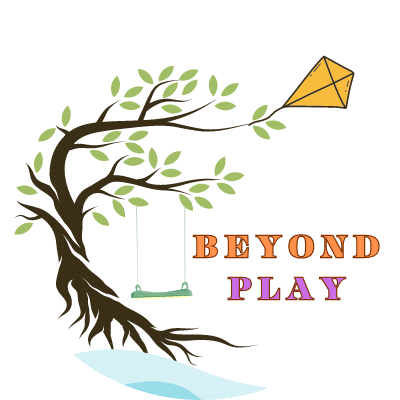
Get in touch
Location: 14845 S. Founders Crossing, Homer Glen, IL 60491
Telephone: (708) 737-7968
Email: Beyondhealing88@gmail.com
Office Hours: By Appointment!


